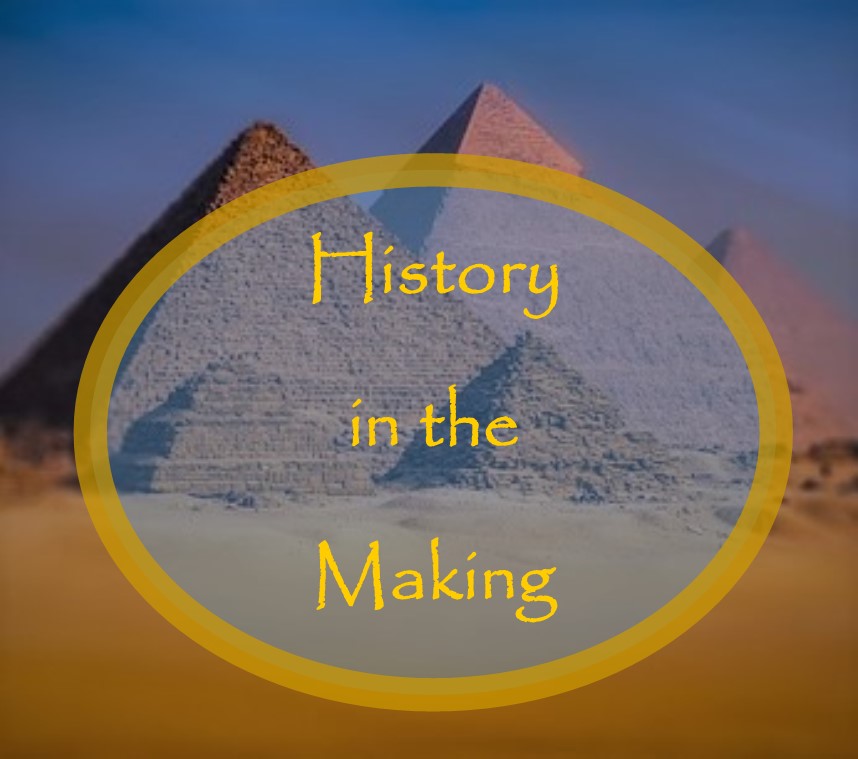
Writers Chat
Writers Chat Recap for November
Writers Chat, hosted by Johnnie Alexander, Brandy Brow, and Melissa Stroh, is the show where we talk about all…
November 21, 2024
Writers Chat, hosted by Johnnie Alexander, Brandy Brow, and Melissa Stroh, is the show where we talk about all…
November 21, 2024
Writers Chat, hosted by Jean Wise, Johnnie Alexander, and Brandy Brow, is the show where we talk about all…
April 17, 2021
These days, anyone who wants to write short stories of an unconventional bent has their pick of quirky venues…
August 13, 2020
As a writer, I like to continue writing flash fiction or short stories while working on a novel. My…
October 20, 2019
So you have this fabulous idea of a story for children. You’ve told bedtime stories to your children every…
June 28, 2015